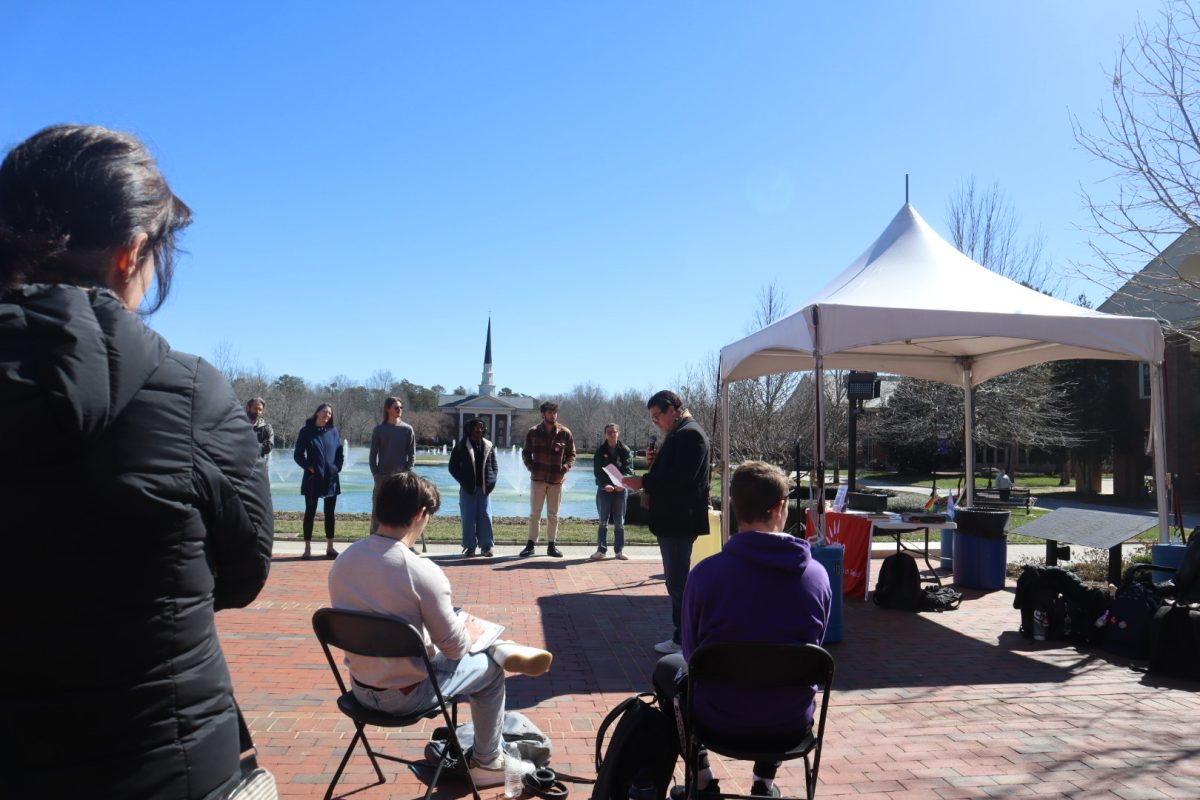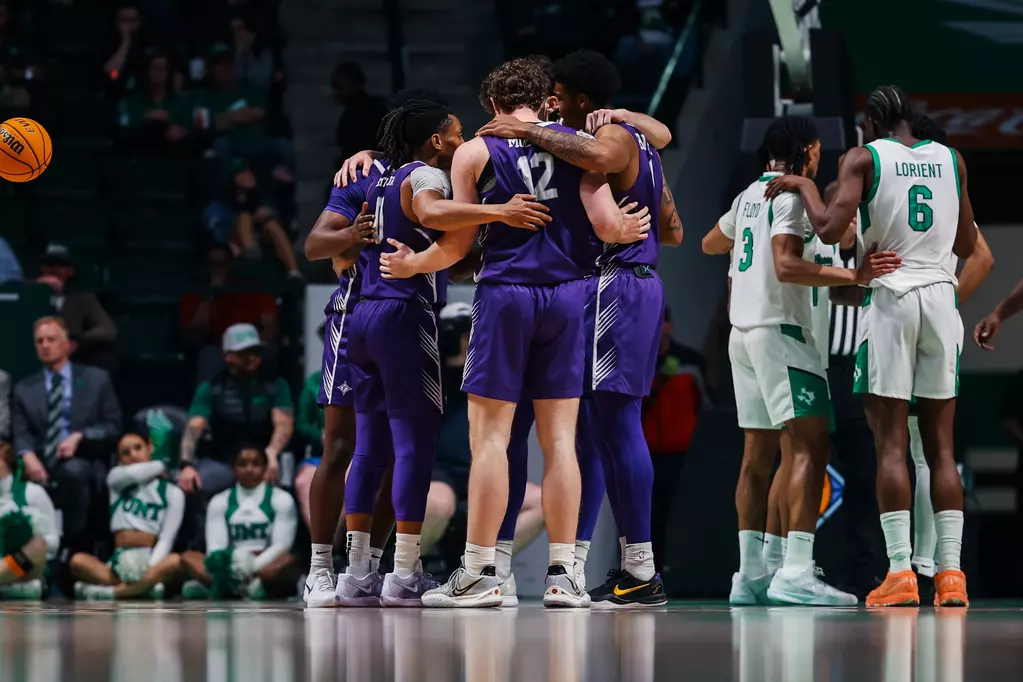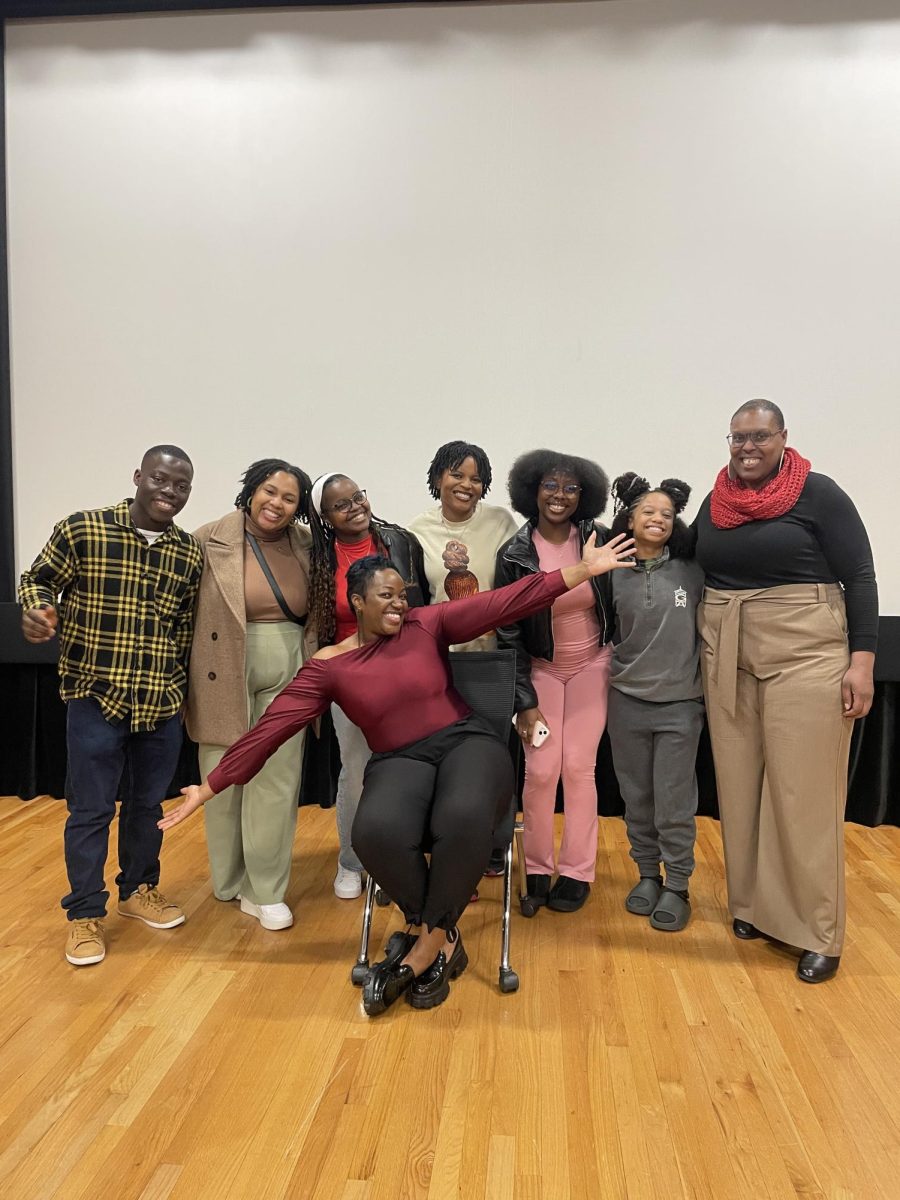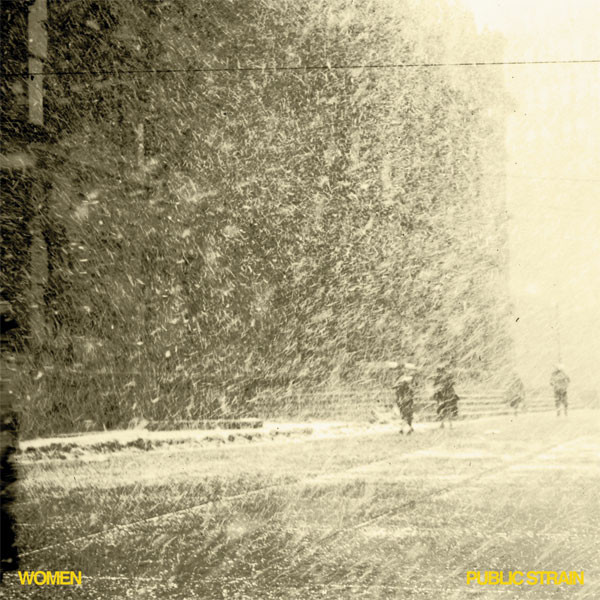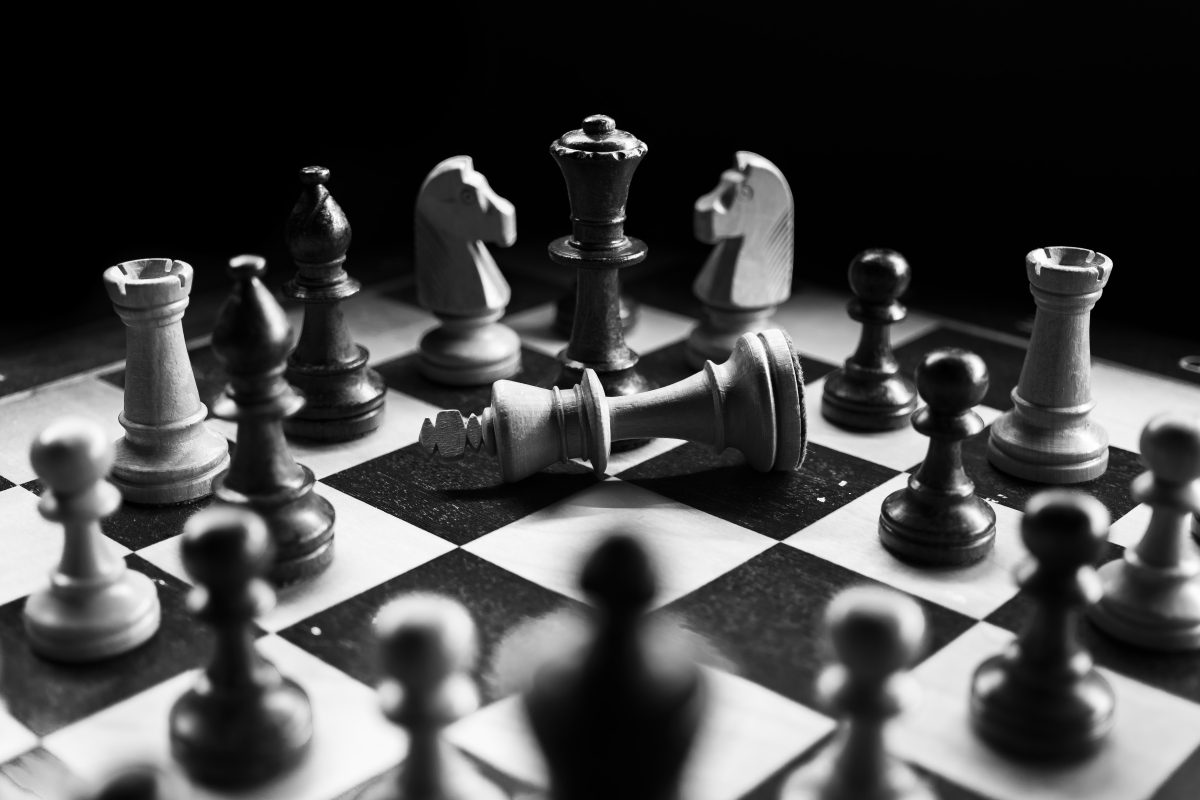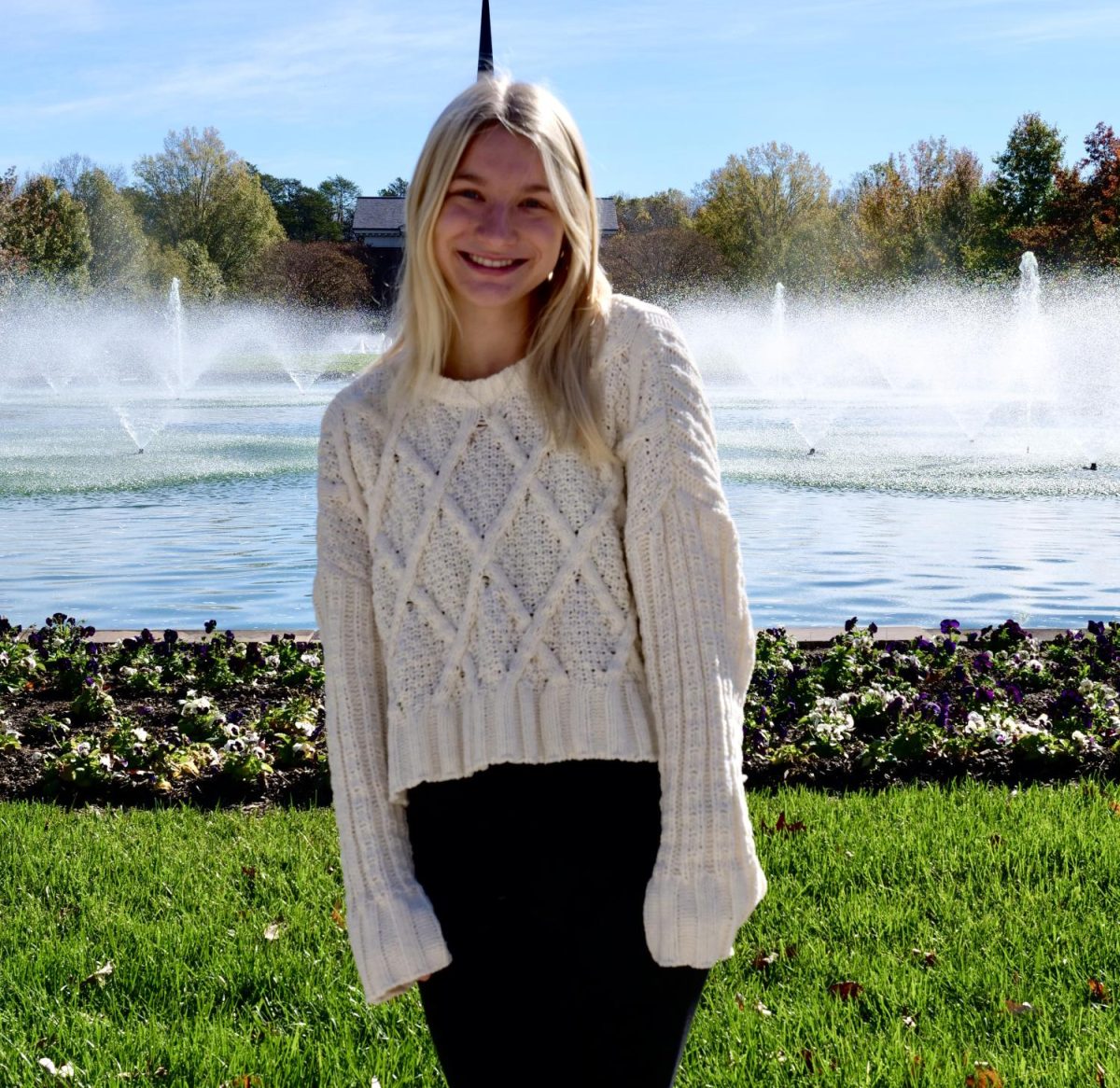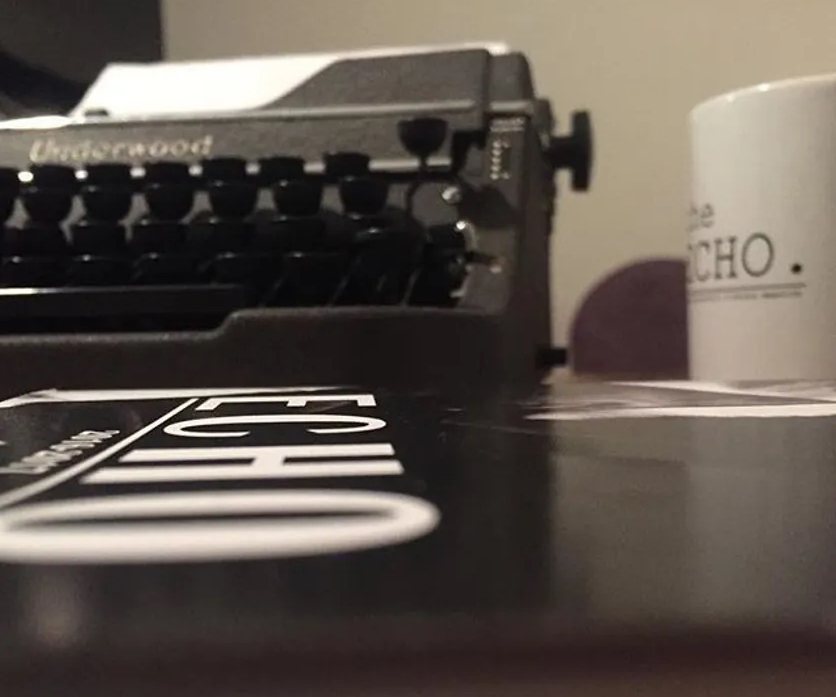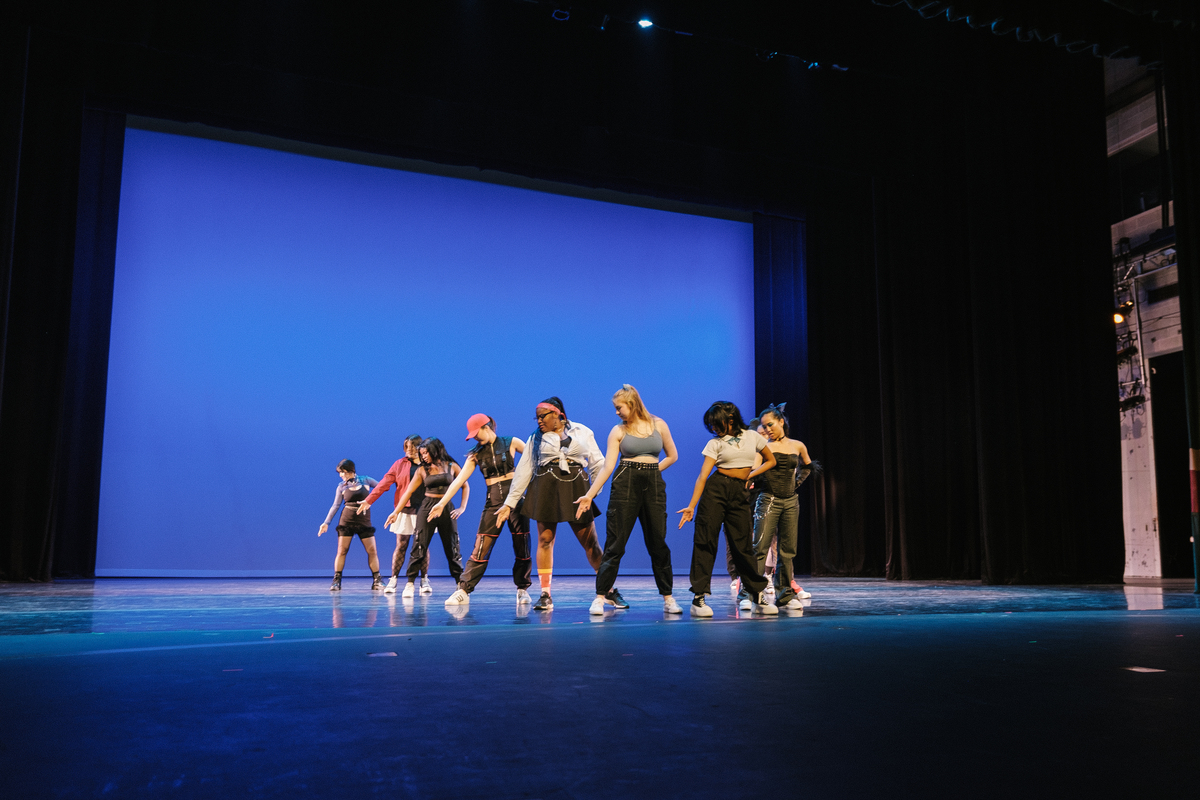If you or a loved one was severely disappointed by the conclusion of Game of Thrones, HBO’s House of the Dragon may be the compensation that you have been searching for. Based on George R. R. Martin’s latest novel Fire and Blood, which chronicles the history of house Targaryen, the series premiered on August 21st on HBO Max. In this prequel, we find the Targaryens ruling over Westeros 172 years before the birth of Game of Thrones heroine Daenerys.
Still burned by the rushed conclusion of Game of Thrones season eight, I pressed play on the first episode of House of the Dragon with conflicting expectations. On one hand, I was dreading the kind of messy storytelling that had run one of the world’s favorite TV shows into the ground. On the other, I was excited to see the on screen portrayal of the mythic, god-like Targaryen dynasty that had only been hinted at in the original series. To my surprise, what I found instead was amazing characterization, clear, linear storytelling, and a House Targaryen quite different from the one we had been led to imagine.
While the story will eventually cover what is known in Game of Thrones lore as “the dance of the dragons”, a civil war between two factions in House Targaryen vying for the throne, the debut episodes have been mostly concerned with setting up the major players. We are introduced to current King of Westeros Viserys I (Paddy Considine) – the namesake of Daenerys’ nasty brother, who you might remember did not make it past GOT season one, his daughter Rhaenyra (Milly Alcock), and his brother Daemon (Matt Smith).
The main conflict resolves around who will be named as Viserys’ heir. After his wife dies, giving birth to a long-awaited son, who only lives for a few hours himself, his choice lies between his daughter and his brother. Daemon is often perceived as a threat to family, unpredictable and reminiscent of Henry Cavil’s Witcher with his platinum hair and brooding expression, and eventually offends Viserys, giving him no choice but to name his daughter heir. Matters become complicated when his second wife gives birth to a son, Aegon, bringing the princess’s place into question. Meanwhile, Daemon tries to make his own name in exile by defending Westeros from conquest by the merciless Crabfeeder (you’ll have to watch to discover the gruesome meaning behind this name).
So far, the series has garnered a favorable response, with an 85% rating on Rotten Tomatoes and over 16 million viewers tuning in to watch the third episode. Critics have praised plotting, acting, and characterization, all while arguing the question, “How Game of Thrones is it?”
I must admit, when I first saw the promotional photos for the series, I thought that Daemon’s fake platinum wig was a good indicator of what the series would be – a spectacle capitalizing on a recognizable name with little substance underneath. In watching these first few episodes, I have been pleasantly surprised to find a story that is both wonderfully “Game of Thrones-eque” and wonderfully not. All the indicators are there – tense family feuds, fierce female characters disgruntled by the laws of men, mentions of the Long Night and the prince who was promised– but the story itself is more focused and compact. Rather than shifting to the other side of the world every few minutes to check in with each character in its ensemble cast, the series sticks to one principal storyline. Hallmarks like the violent fight scenes feel earned because they are balanced by a narrowing in on the three principal characters. From the beginning, we know that we will be seeing the inner workings of a family rather than a sweeping epic.
In both Rhaenyra and Daemon we see the potential for a characters as captivating and surprising as their descendent Daenerys. Rhaenyra is already attached to a birthright that she had never dreamed would be hers and determined to make her own way in the world without a husband. Milly Alcock masterfully shows us a child who is trying to rise to very adult responsibilities, but is still hurt by how much her family has changed. I am surprised by how sinister Daemon’s character has become in just three episodes. Having grown up watching Matt Smith as the goofy 11th Doctor in Doctor Who, I expected to find his seriousness as a medieval warrior comedic. However, his performance paints a clear portrait of a man well versed in deception, who desperately wants to forge his own legacy by any means necessary, including harming his own family.
What I love most about the series is that it creates a completely unexpected tone in bringing the ancient house of Targaryen to life. While their fearsome dragons, silver hair, and infamous incest are all there, the story is driven by the characters’ shortcomings. Viserys is superstitious and indecisive, he wants the son that he saw in a dream so desperately that he often overlooks his daughter. Rhaenyra hides her hurt behind defiance, and Daemon will go to shocking lengths to make his grab for the throne. As Viserys is painfully aware, the family is only divine because they have access to dragons, and the conflicts that have already been set up for this season promise to show all the facets of their humanity.
Be warned that, even at only four episodes, the series features some pretty intense scenes of violence and abuse. While not as gratuitous as Game of Thrones, it contains some disturbing images and situations that really drive home the lengths that these characters will go to in pursuit of power.
This story stands well enough on its own but is even better as a contrast to its predecessor. As a viewer, I can only hope that the series continues to do its own thing and does not become bogged down by the corner-cutting and love of shock factor that plagued the original. Longtime GOT fans and newcomers alike should give it a try!



